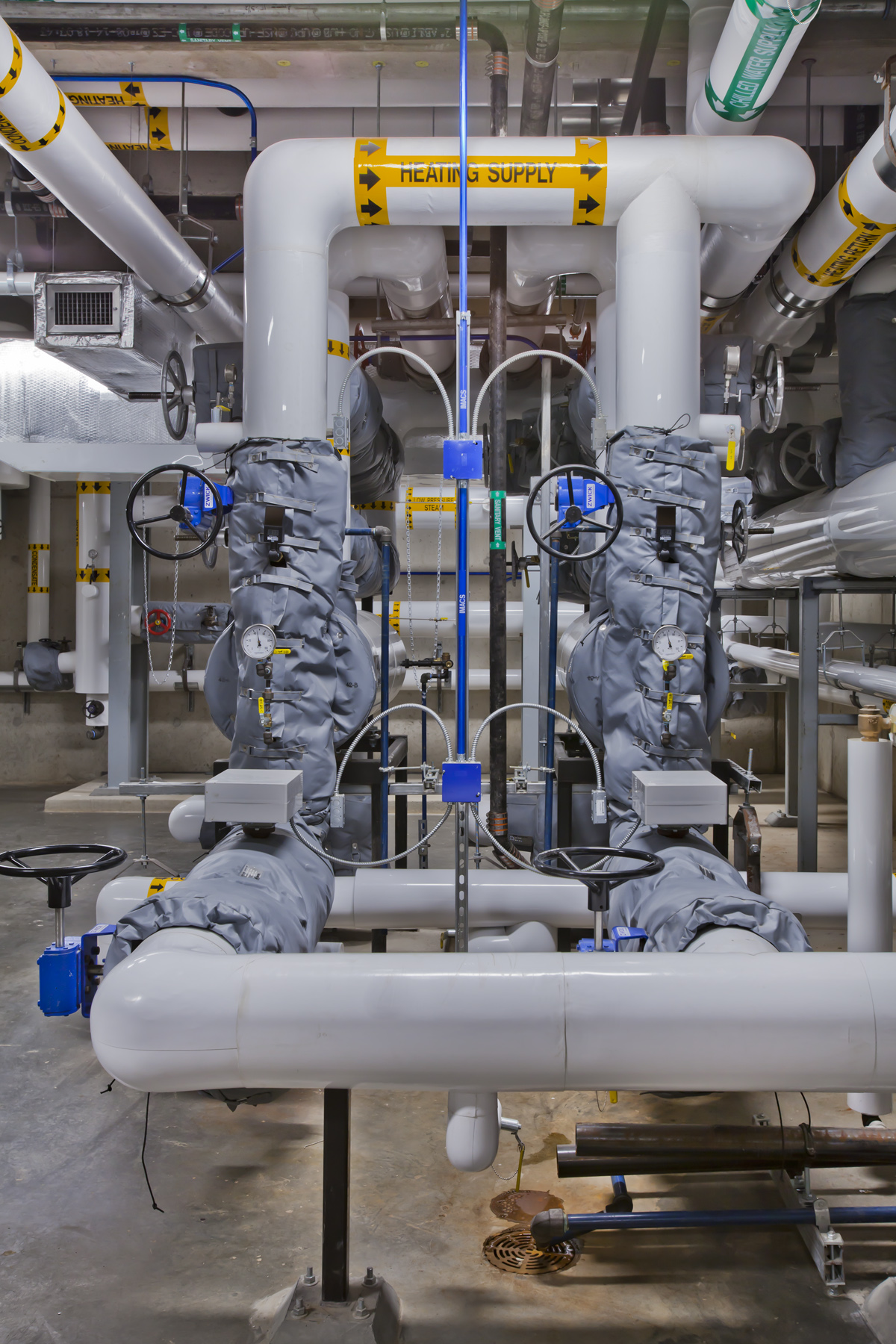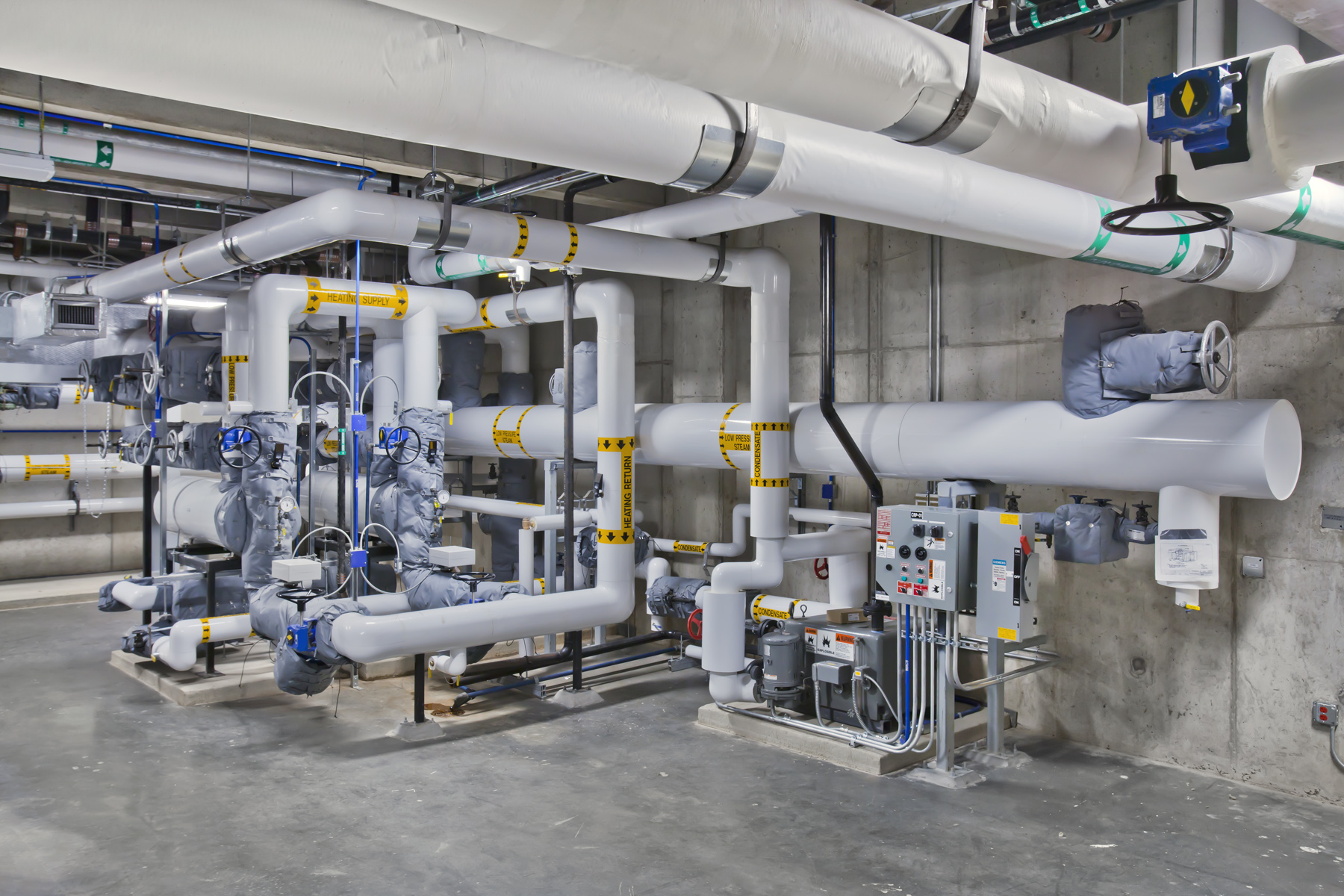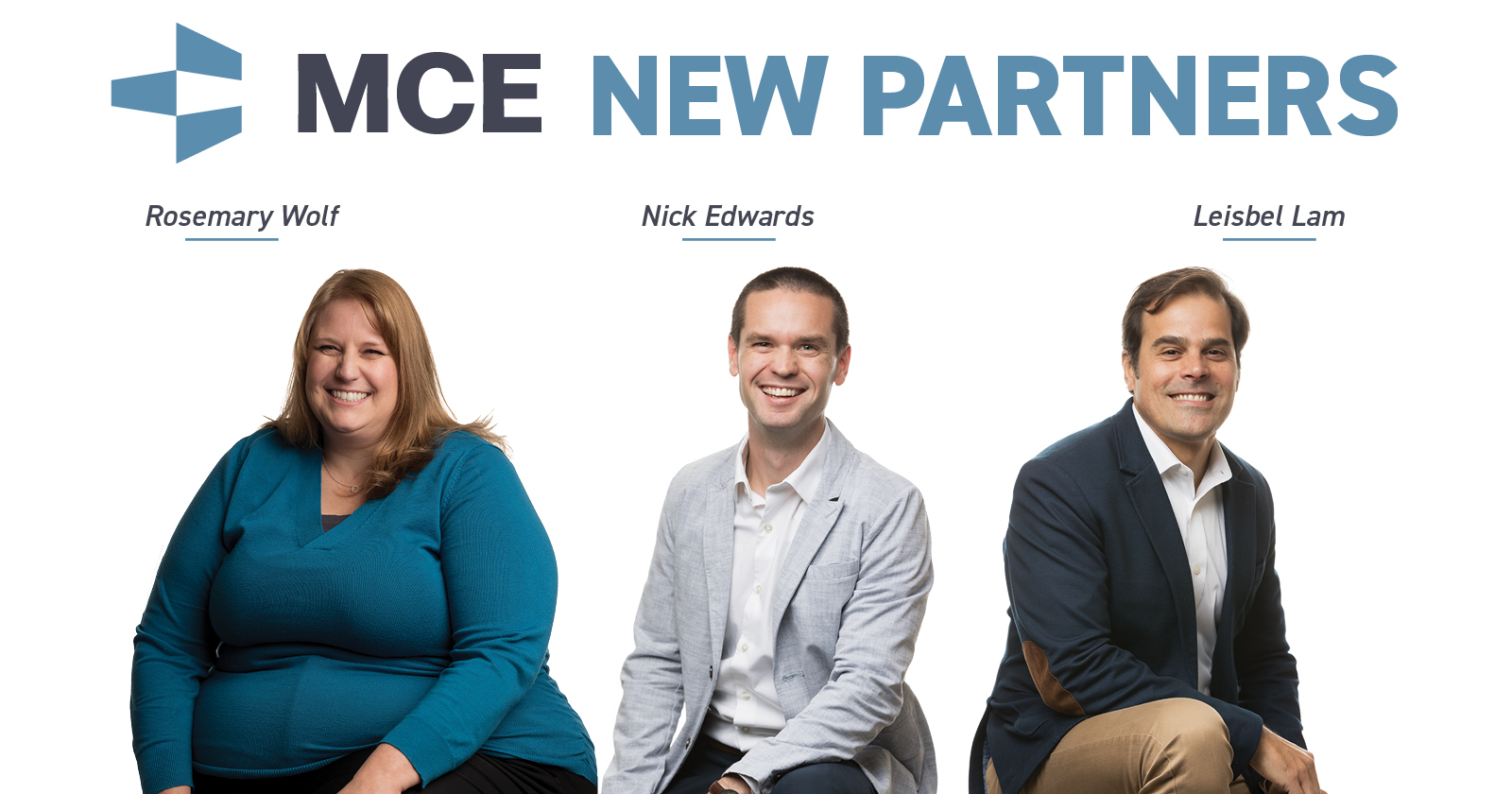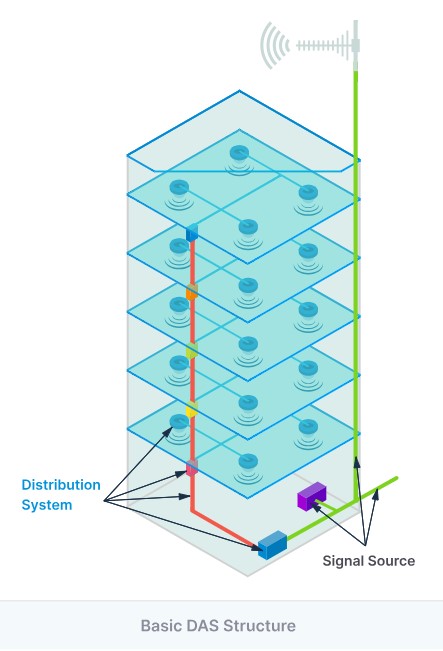Mechanical commissioning is essential for verifying and optimizing the performance, safety, and efficiency of the building’s mechanical systems, in alignment with the design specifications and the owner’s requirements. Our, Subject Matter Expert, Mark Garofano, illustrates the impact mechanical commissioning has on system functionality.
What is commissioning for mechanical systems?
Commissioning is a process of verifying and optimizing the performance of the installed equipment. It ensures that the equipment meets the design intent and the customer’s expectations. Mechanical commissioning is a quality assurance measure for all mechanical systems, such as heating, ventilation, and air conditioning (HVAC), before they are delivered to the customer.
Commissioning is not only about checking the design, but also optimizing it for greater efficiency and sustainability. We care about saving energy and reducing environmental impact, so I use my field experience and knowledge of the latest technologies to recommend or implement improvements to the systems.
For example, in our work at airports we focus on the air handling units, which are the systems that distribute the air to keep the customers and employees comfortable. We test these systems thoroughly and rigorously to ensure everything is working correctly and to limit unplanned equipment shutdowns, especially in mid-July or in the dead of winter.
Commissioning is a big part of what I do. I often get calls to fix things that are not working properly, and I love the challenge of troubleshooting and solving problems. I enjoy being in the field, working hands-on with the systems, and ensuring their reliability and longevity.
How does commissioning help in ensuring the smooth functioning of mechanical systems?
Commissioning is a way of checking and improving the performance of the equipment that the design team has designed. We make sure that the mechanical and control aspects are all installed and operating correctly, and that there are no unnecessary shutdowns or discomfort for the customers, employees, or visitors.
There are times that we find that some designs are not optimal in the field. But because we have good relationships with our designers, I can provide them with feedback and suggestions to give our clients the best design and the best systems possible.

What are some of the most common challenges that mechanical commissioning experts face when commissioning, and how do they overcome them?
One of the main challenges we face is the resistance from contractors to adopt new control strategies or new equipment. They may prefer to stick to the traditional way of doing things, which can hinder our implementation of new and improved solutions. We know these improvements might be more complicated to program, or even test in the field, but they are essential. They help us comply with the building code and achieve or exceed our own energy goals.
Our priority is to build and maintain good relationships with our clients and partners, not only to overcome challenges, but to create lasting solutions. We have established trust and cooperation with our contractors, which makes it easier to handle any changes. We strive to create a collaborative environment that leads to the best possible results for our clients.
What are some of the most important benefits of mechanical commissioning, and how can they help building owners and occupants?
The largest benefit of mechanical commissioning is ensuring the optimal performance and quality of the mechanical systems. We want these systems operating as they were designed and to ultimately provide comfort for the occupants as well as providing energy savings and mitigate additional maintenance.
Through commissioning, we help our customers save money and energy by avoiding costly malfunctions. We make sure that the systems match the design vision and the customer’s needs, and we offer feedback to enhance the system’s functionality for a reliable and safe environment. At the end of the day, we are designing and implementing systems that are meant to last – that’s the best way to keep comfort and save money.





